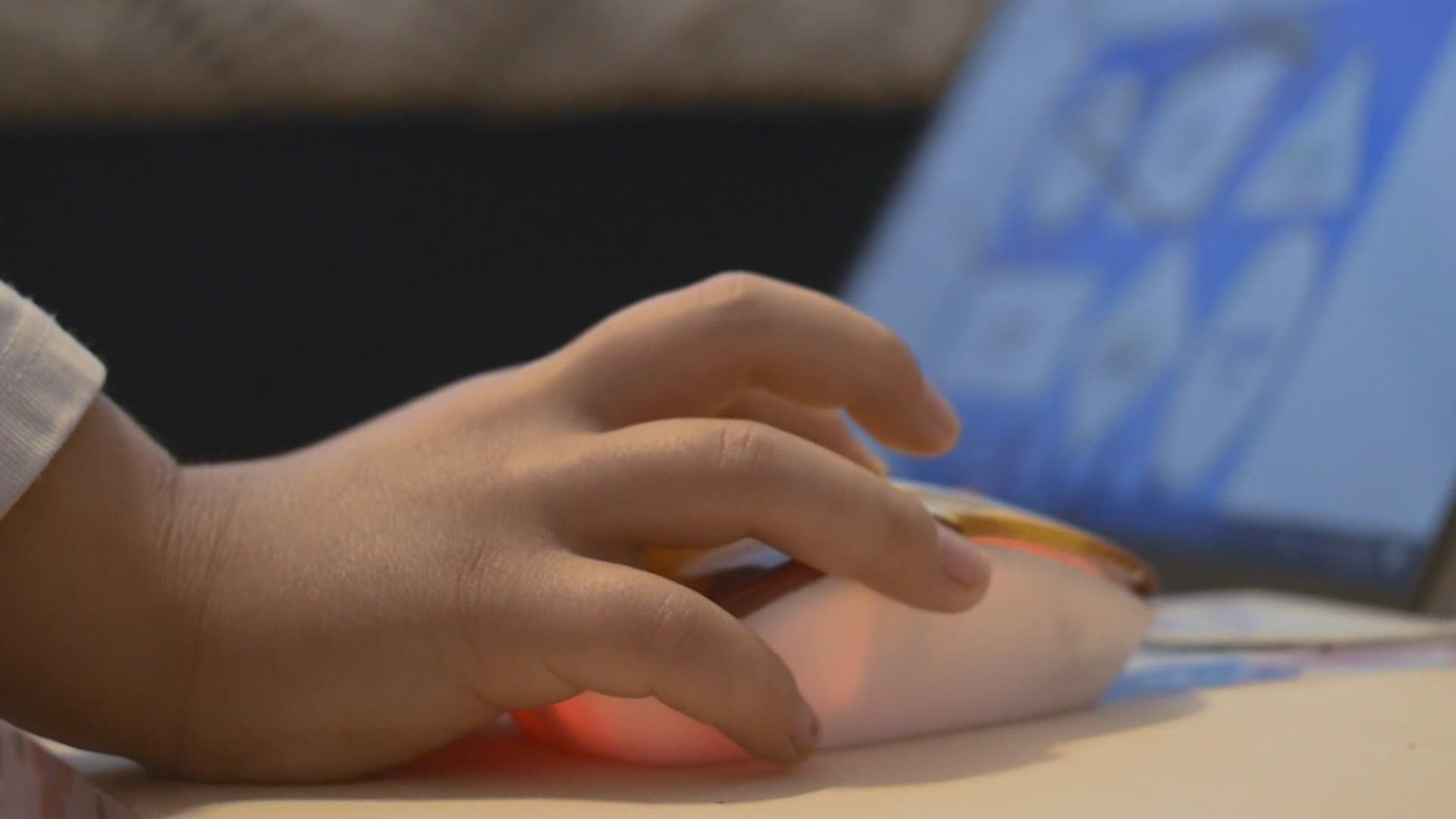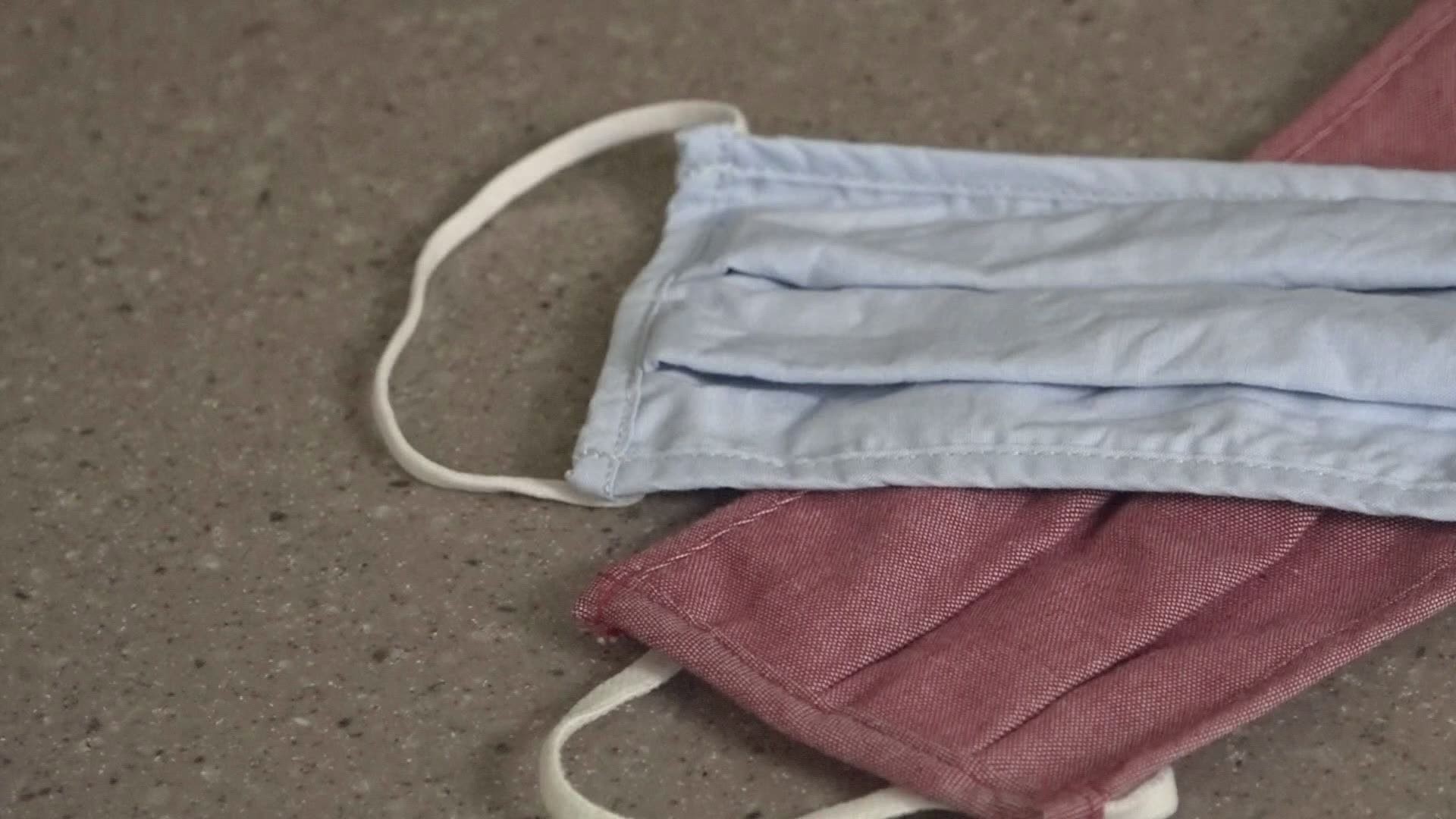GRAND RAPIDS, Mich. — The return to school is fast approaching and a number of districts are figuring out what that will look like amid the COVID-19 pandemic. Everything from online learning, in-person instruction, or a combination of the two — the uncertainty of it all can be stressful and confusing for kids.
The pressure of dealing with COVID-19 affects 7 out of 10 teens, according to a national Harris survey that was commissioned by the National 4-H Council. Of the teens surveyed, 45% described the stress level as excessive, and 67% believed it was best to keep their feelings about it hidden.
Dr. Nicole Beurkens, a holistic child psychologist in Grand Rapids, shared some tips for parents when it comes to calming back to school anxiety.
- Check in with your child frequently and listen to their concerns. Make sure to validate their emotions, letting them know that their concerns and frustrations are understandable.
- Help your child focus on what they can control in the fight against the pandemic, such as hand washing, wearing a face mask and practicing social distancing.
- While plans may continue to change, explain to your child what you do know about what the school year or classroom will look like to help them mentally prepare.
- If your child is going to participate in virtual or remote learning, take steps to set them up for success academically, physically and emotionally. Seek tips to support virtual learning.
- Whether your child will be returning to school in person or virtually, it is important to ease them back into a structured daily routine and sleep schedule.
- Help your child adjust to COVID-19 precautions such as wearing a face mask by practicing at home.
- Send positive or encouraging notes in your child's lunch or backpack.
Buerkens also shared some signs of anxiety that children may exhibit. These signs include:
- Increased defiance or irritability
- Disturbances in sleep
- Loss of appetite
- Lack of concentration
- Less energy
- Physical symptoms like nausea, muscle tension or dizziness
- Refusal to go to school
- Sadness or crying
RELATED VIDEO:
►Make it easy to keep up to date with more stories like this. Download the 13 ON YOUR SIDE app now.
Have a news tip? Email news@13onyourside.com, visit our Facebook page or Twitter. Subscribe to our YouTube channel.


